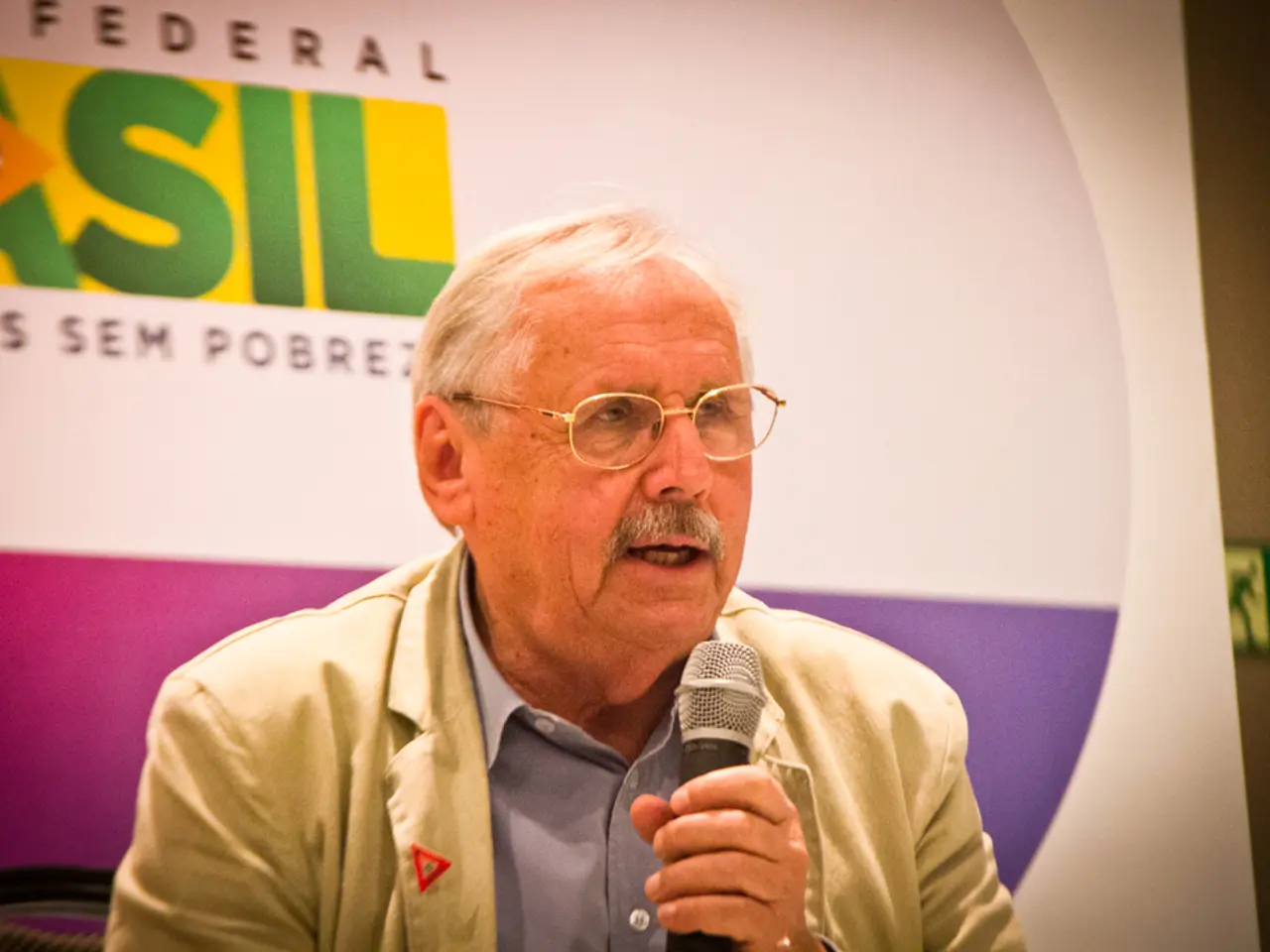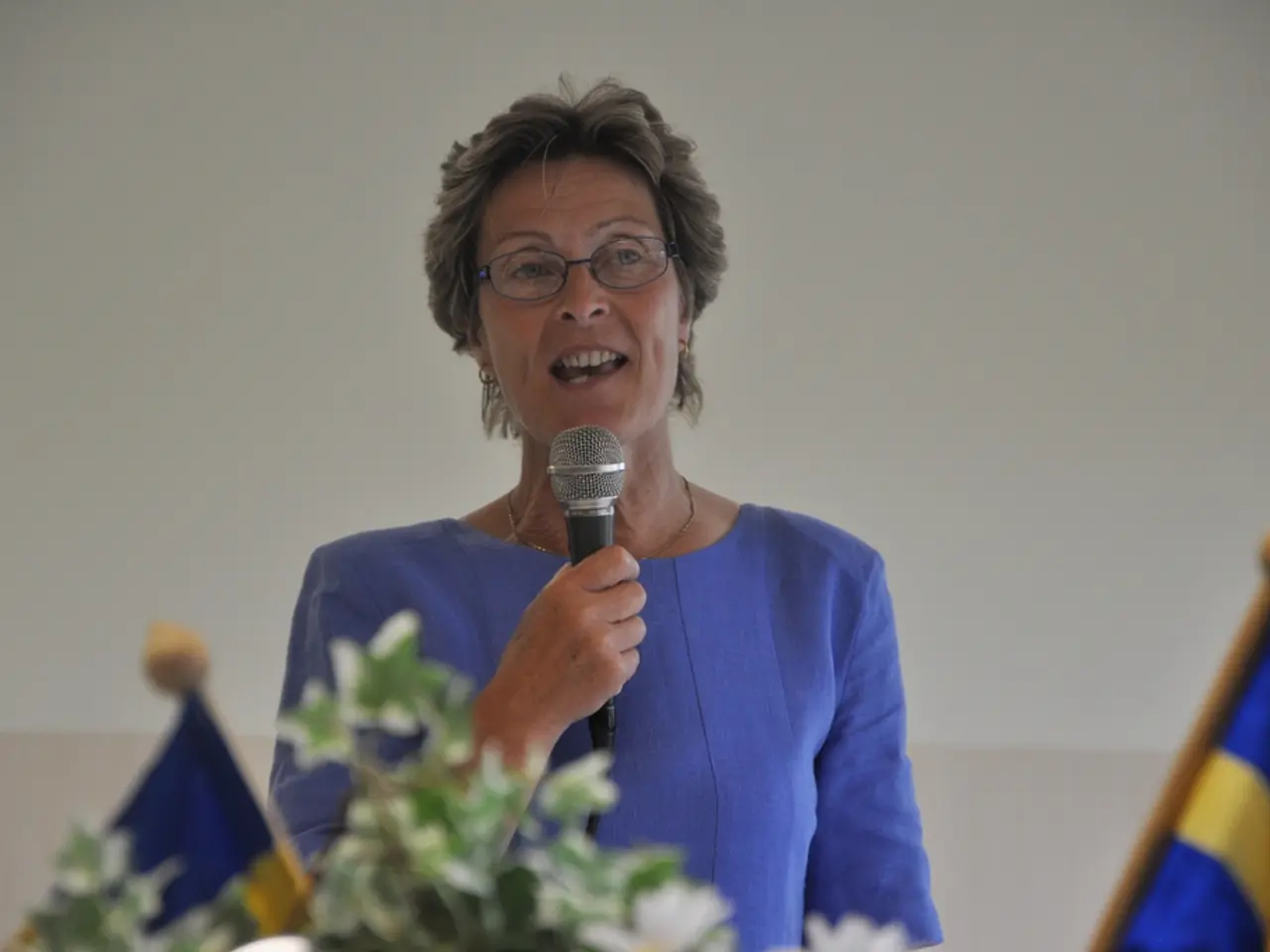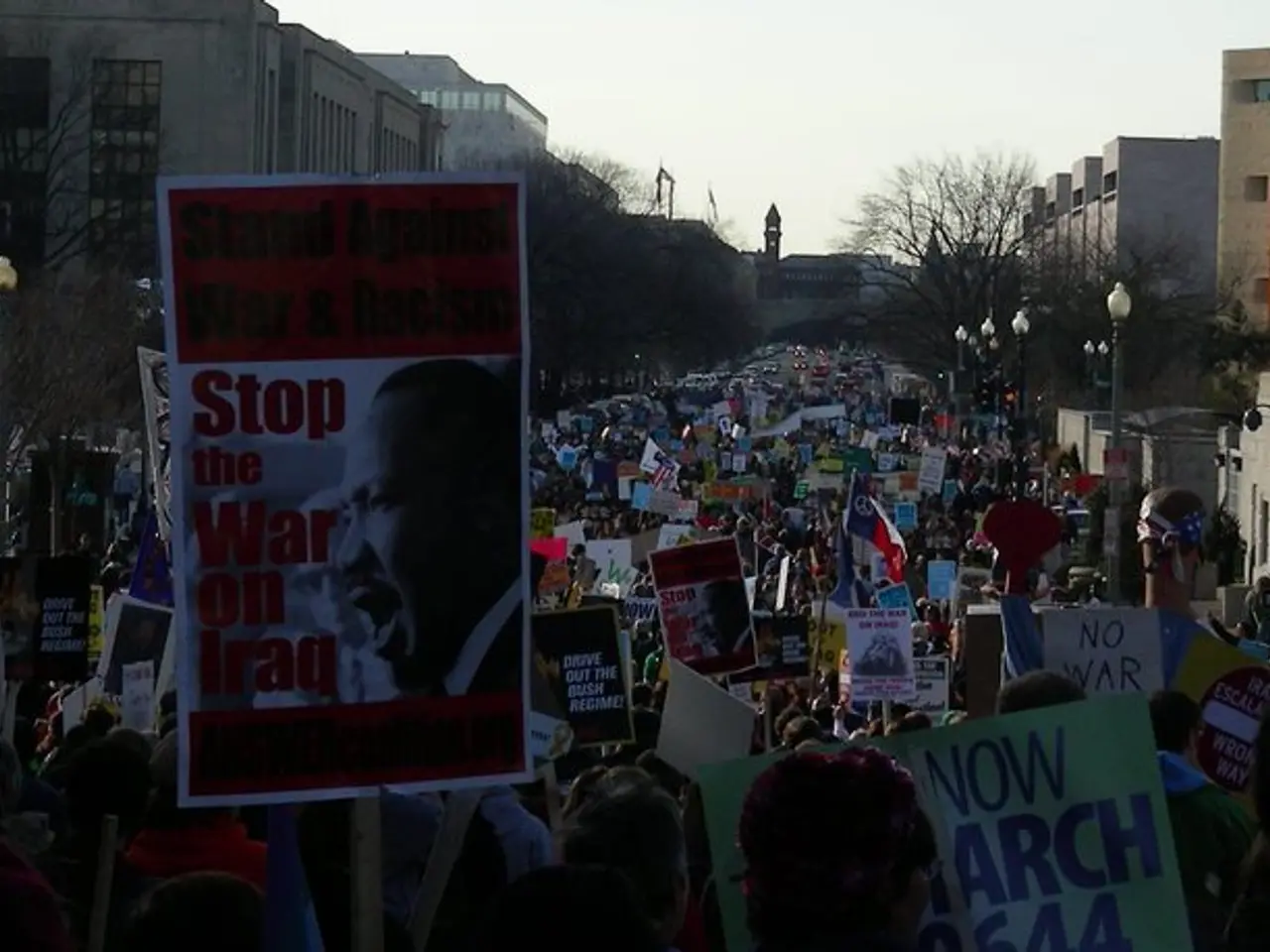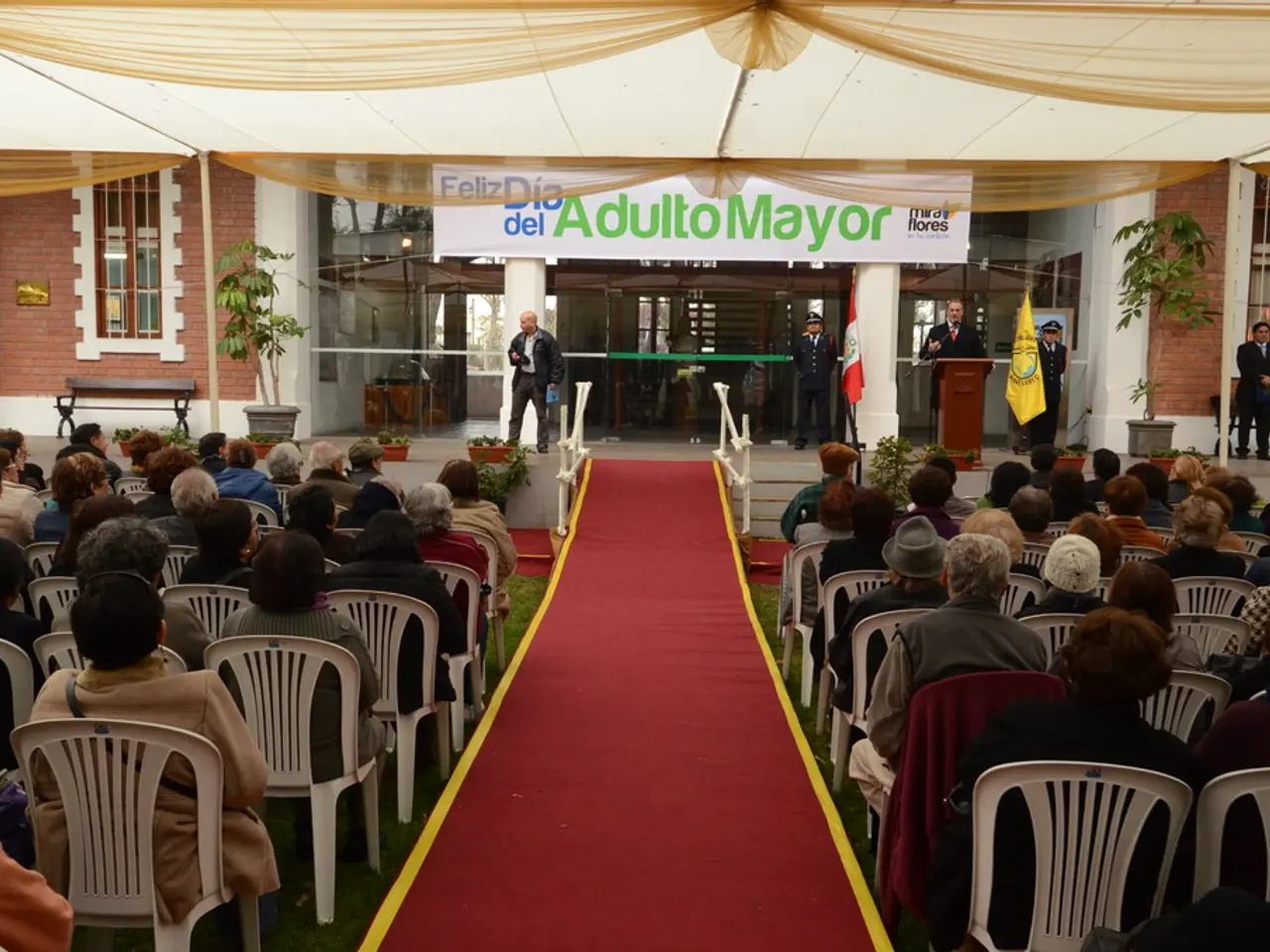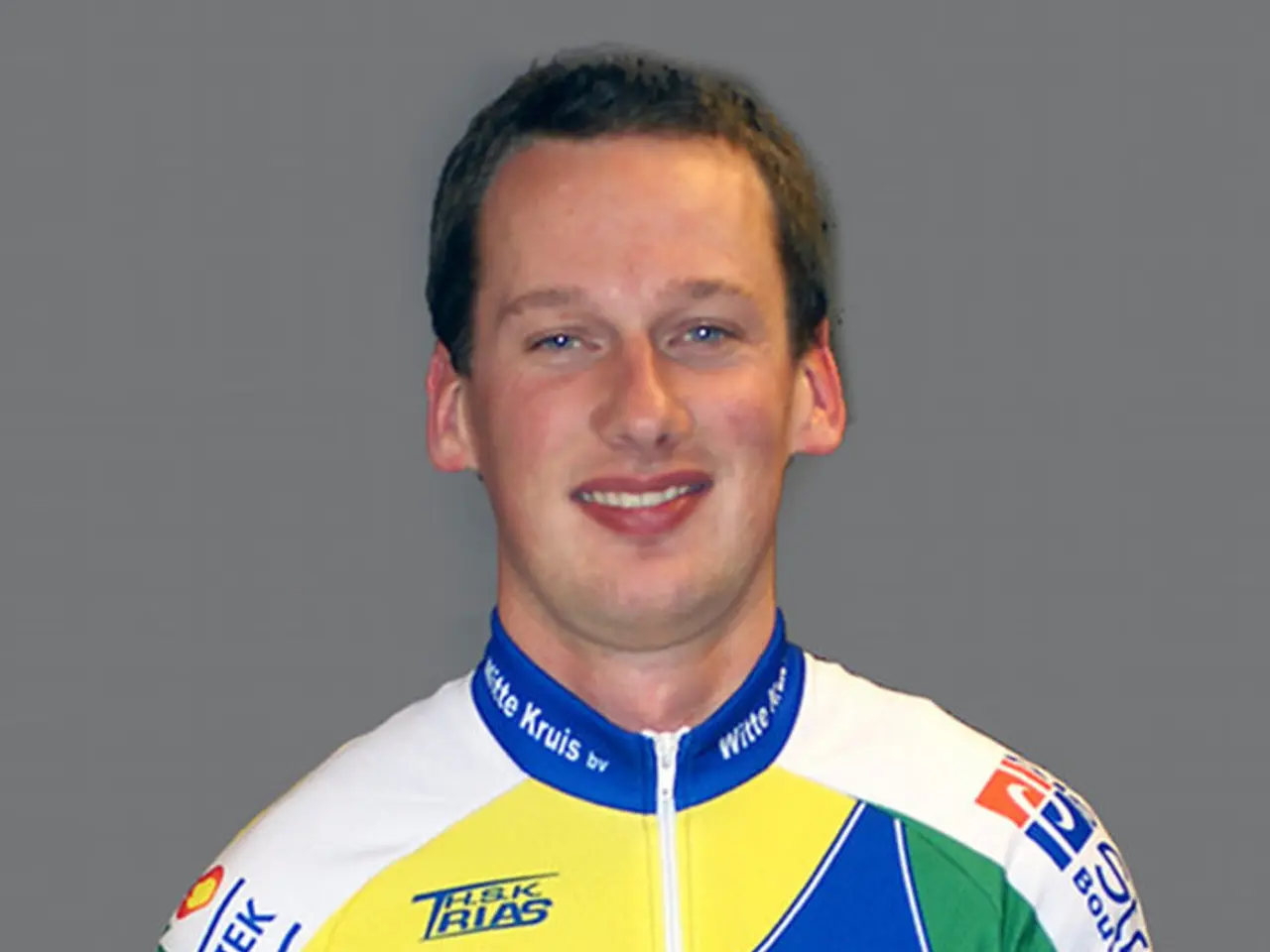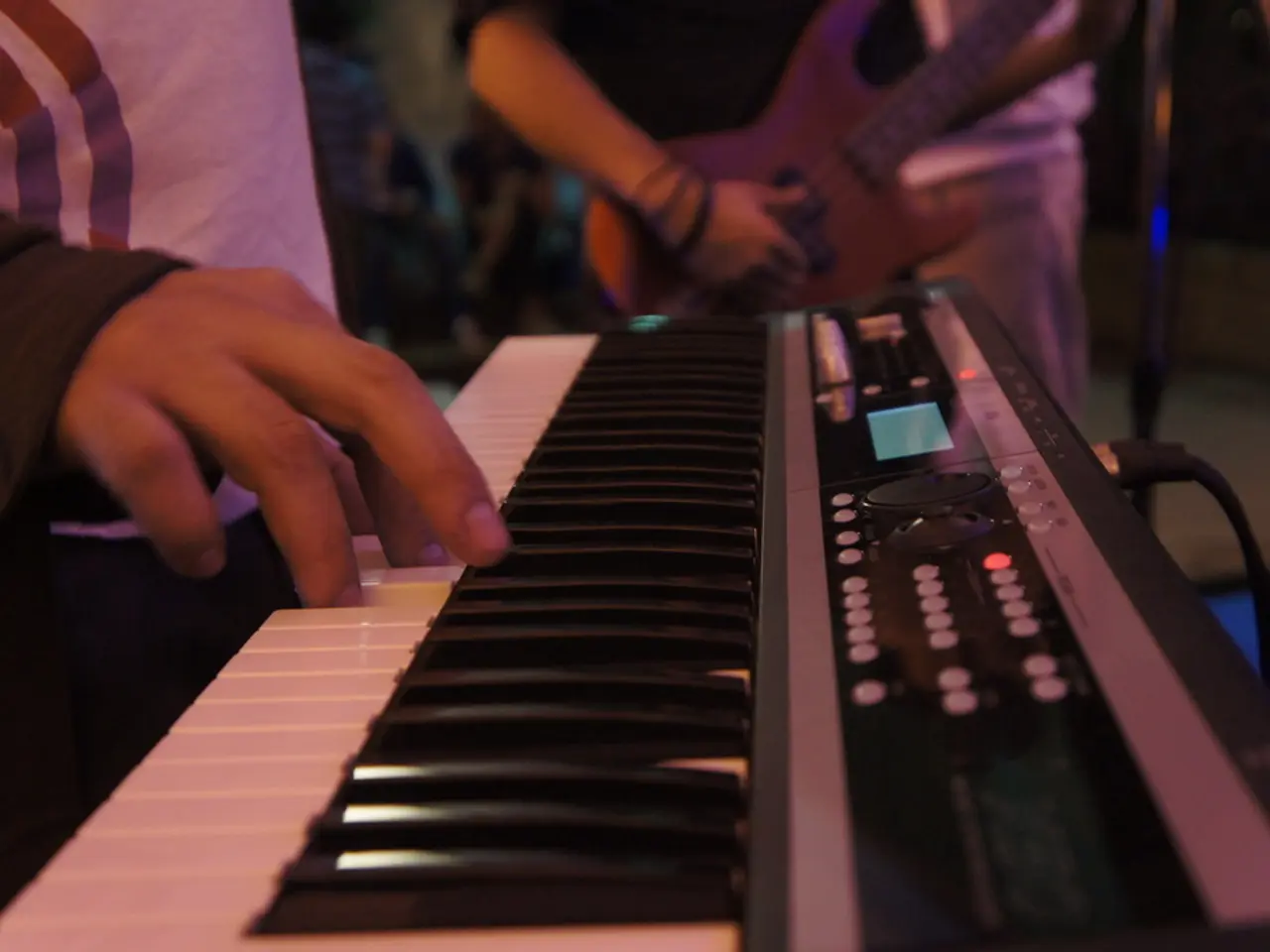"The Republic's Attorney General clarifies that no request was made for engineer Socrates to substantiate any claims"
In a recent interview with The Observer, the prosecution in the trial of former Portuguese Prime Minister José Sócrates has stated that the accused should be given the opportunity to prove his innocence[1]. However, this statement has sparked criticism from various quarters, including the accused himself[2].
The trial, known as the Operação Marquês, began in 2025 and involves Sócrates and over 20 others connected to the case[3]. The prosecution's statement suggests a judicial approach that upholds the principle of innocence until proven guilty, but critics argue that it does not provide evidence supporting Sócrates' innocence or address the charges against him.
In 2021, Judge Ivo Rosa dismissed the corruption and tax fraud accusations against Sócrates during preliminary hearings, citing issues with the prosecution's case[1][2]. This dismissal, which suggests the initial weakness of the prosecution's evidence, remains a significant point of contention.
Despite the prior judicial criticism, the prosecution maintains that the trial is an opportunity for Sócrates to prove his innocence. The ongoing trial continues amid this backdrop of criticism and legal scrutiny[1][2][3].
Notably, Sócrates himself has criticised the prosecution's statement, arguing that it does not address the specific charges against him or provide new evidence supporting his innocence[2]. The controversy arises from the accused's perspective, with Sócrates and his legal team questioning the strength and validity of the prosecution's case.
As the trial progresses, the public and legal community will continue to watch closely, awaiting further developments in this high-profile case.
[1] The Guardian. (2021, October 20). Portuguese judge dismisses corruption charges against former prime minister José Sócrates. Retrieved from https://www.theguardian.com/world/2021/oct/20/portuguese-judge-dismisses-corruption-charges-against-former-prime-minister-jose-socrates
[2] The Observer. (2022, March 15). Portuguese prosecutors give José Sócrates chance to prove innocence. Retrieved from https://www.theguardian.com/world/2022/mar/15/portuguese-prosecutors-give-jose-socrates-chance-to-prove-innocence
[3] The Times. (2025, January 1). Operação Marquês trial begins with former Portuguese Prime Minister José Sócrates in the dock. Retrieved from https://www.thetimes.co.uk/article/operation-marques-trial-begins-with-former-portuguese-prime-minister-jose-socrates-in-the-dock-5w95x9j2z
- The ongoing trial of former Prime Minister José Sócrates, part of the Operação Marquês case, has been a hot topic in social media and general news, with the prosecution giving Sócrates the opportunity to prove his innocence amidst criticism from various quarters, including Sócrates himself.
- The controversy surrounding Sócrates' trial extends beyond just politics and involves issues of crime and justice, as skeptics question the strength of the prosecution's evidence and the credibility of their case.
- In the realm of policy and legislation, the trial might serve as a precedent, illustrating the importance of providing evidence supporting the innocence of the accused and addressing specific charges in order to maintain public trust and ensure fairness in war-and-conflicts related legal proceedings.

